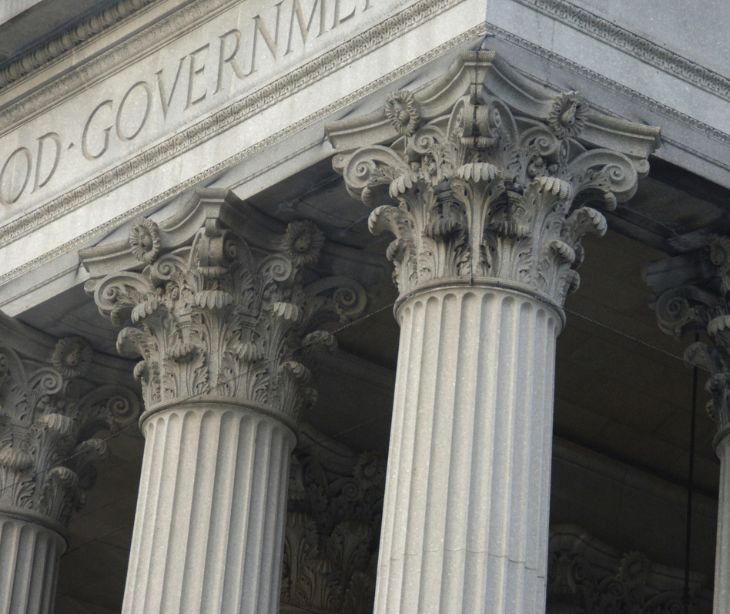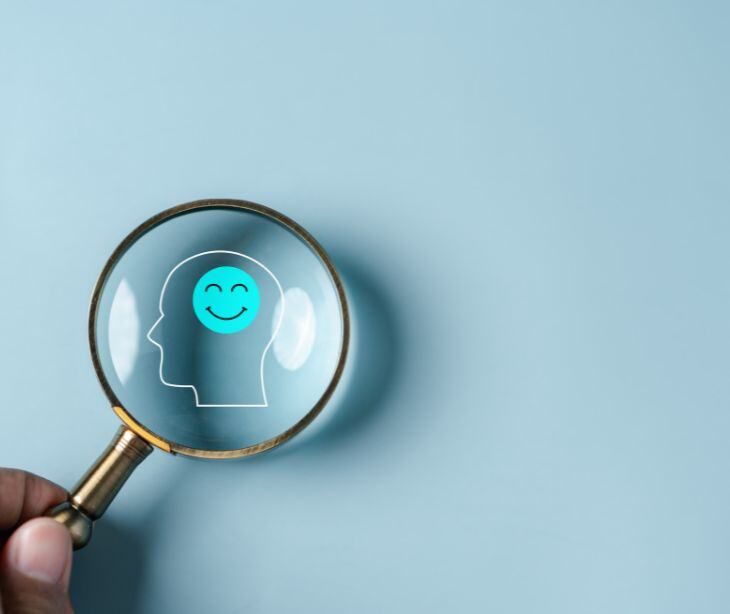
The Privacy Act of 1974 oversees the collection, use, and disclosure of personally identifiable information (PII) by federal agencies. It is the principal U.S. law governing the handling of PII by the federal government. Similar to the HIPAA Act of 1996, the Privacy Act ensures that government agencies respect individual privacy rights.
Learn about: HIPAA compliant email: The definitive guide
What is the Privacy Act of 1974?
The Privacy Act of 1974 provides safeguards against unwarranted invasions of privacy by establishing a code of "fair information practices." The legislation limits the use and disclosure of federal systems of records that incorporate PII. A system of records is a group of records under the control of a government agency. Information within these records is typically retrievable by a name or an identifier assigned to an individual.
There are several provisions under the Privacy Act created to protect PII. First, under the Privacy Act, individuals must be:
- Given access to records about themselves
- Able to amend their records as needed
- Given the ability to find out if their records have been disclosed
Likewise, agencies must inform individuals in a Federal Register of governmental records containing their PII.
Second, PII cannot be disclosed without explicit written consent unless the disclosure meets one of 12 statutory exceptions. Finally, the government must control the records using strong security practices and procedures to prevent unauthorized breaches.
Related: Personally identifiable information: HIPAA compliance key facts
HIPAA and the Privacy Act
The Health Insurance Portability and Accountability Act of 1996 is U.S. legislation that protects the rights and privacy of patients. The act sets out the rules and regulations surrounding access to and disclosure of PHI. PHI is any patient-related information used within healthcare during care that can identify a patient.
Understanding and implementing HIPAA guidelines is fundamental to avoiding data breaches and HIPAA violations. There are several similarities between HIPAA and the Privacy Act because of both their roles in protecting privacy. Failure to comply with either rule can result in massive penalties.
How they differ
Both privacy laws address similar needs, but that does not mean that they are alike in every way. The big difference is in what the acts apply to. HIPAA pertains only to public and private entities working with PHI, while the Privacy Act governs federal agencies regardless of function.
Furthermore, while the Office of Management and Budget (OMB) is responsible for creating and regulating the Privacy Act, the U.S. Department of Health & Human Services Office for Civil Rights (OCR) enforces HIPAA. Finally, HIPAA only cares for the privacy of individually identifiable PHI, whereas the Privacy Act defends all PII.
Right of access
The HIPAA Privacy Rule safeguards patients' PHI while permitting the proper flow of healthcare information. The rule's Right of Access provisions give patients access to and control their PHI. Similarly, the Privacy Act states that individuals must be given access to their records upon request.
Under HIPAA's Right of Access and the Privacy Act, individuals can obtain, amend, and restrict their records. This right allows individuals to review personal information, correct inaccuracies, and actively engage in decisions about their records. Exceptions and limitations (e.g., psychotherapy notes or information subject to legal proceedings) exist for both. Still, this right promotes transparency and individual involvement.
Right to notification
Similar to federal agencies, healthcare organizations must notify individuals about their records, especially after a breach. The HIPAA Breach Notification Rule (2009) makes it mandatory for healthcare providers to report all data breaches of unsecured PHI. After a breach, covered entities must tell patients, the media, and OCR (on its Wall of Shame).
Other federal laws, rather than the Privacy Act, govern federal agencies' breach notifications. Instead, the Privacy Act gives agencies the ability to disclose records to other entities/people when responding to a breach.
This right to notification ensures that individuals can take appropriate action after a breach. They can monitor their accounts and shield themselves from potential harm after their PHI/PII has been exposed.
Permitted uses and disclosures
Both HIPAA and the Privacy Act require explicit authorization from individuals before PII/PHI can be used or disclosed. Exceptions to explicit authorization are spelled out by both laws and largely pertain to societal needs.
A covered entity may only use or disclose PHI if (1) the organization received explicit patient authorization; or (2) the HIPAA Privacy Rule specifically permits or requires it. HIPAA exceptions include treatment, payment, healthcare operations, or for the public interest. Any use or disclosure that does not meet either criterion may result in a HIPAA violation.
As for the Privacy Act, 12 exceptions allow for permitted use or disclosure. These include for the Census Bureau statistical purposes or routine and archival use by the government.
Strong security controls
Strong security standards are important under both acts. The HIPAA Security Rule focuses on the technical, administrative, and physical safeguards that covered entities must implement to secure PHI. Its goal is to ensure the confidentiality, integrity, and availability of PHI while still allowing for access and use.
The Privacy Act also necessitates that federal agencies use safeguards to prevent the unauthorized release of records. For both acts, this means implementing access controls, encryption, and employee training to ensure the security and availability of PII/PHI.
Both laws want to ensure that agencies/organizations have done everything within their power to secure individual data.
The need for both HIPAA and the Privacy Act
Privacy laws are in place to defend the public from unnecessary exposure. Strict rules like HIPAA and the Privacy Act ensure the proper collection, use, and disclosure of personal data.
As shown, HIPAA and the Privacy Act are very similar in terms of their purposes and how they achieve them. They differ in scope, but there are no conflicts between the two; neither law preempts the other. Instead, they apply to different institutions for different reasons. It is up to agencies and organizations to understand which privacy law pertains to them.
Subscribe to Paubox Weekly
Every Friday we bring you the most important news from Paubox. Our aim is to make you smarter, faster.




